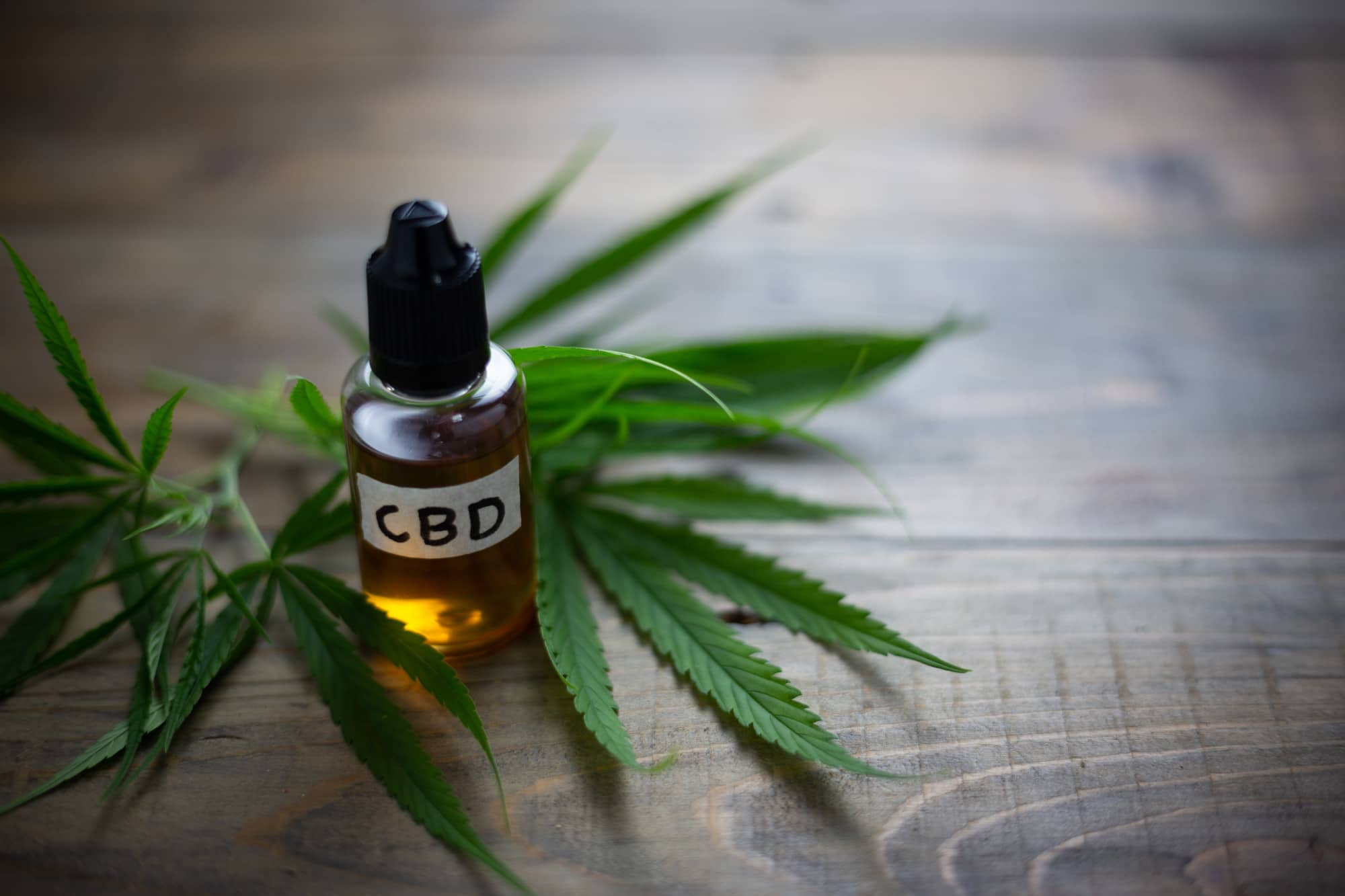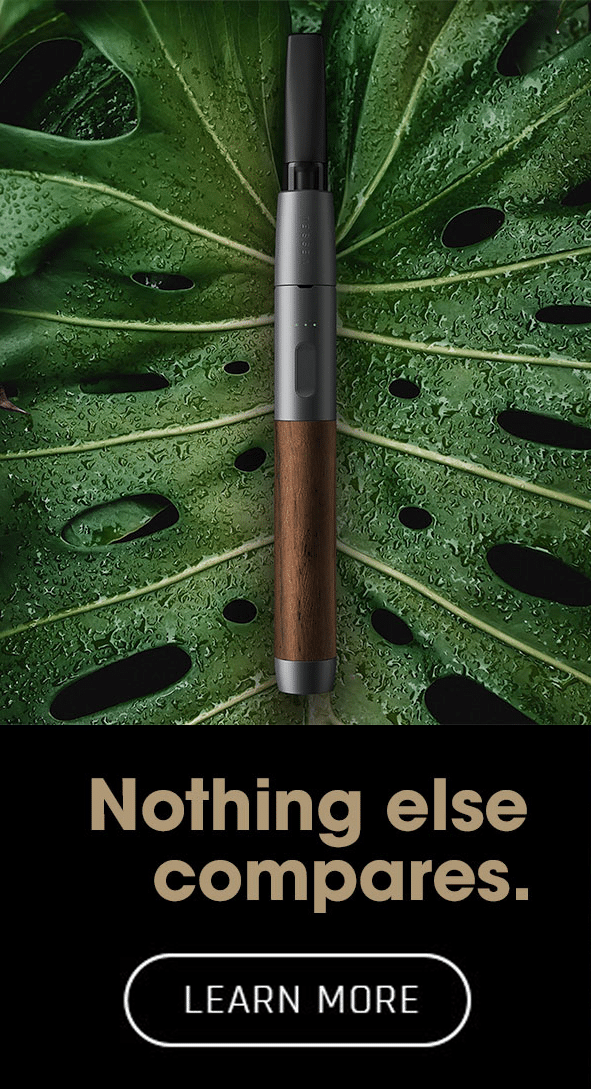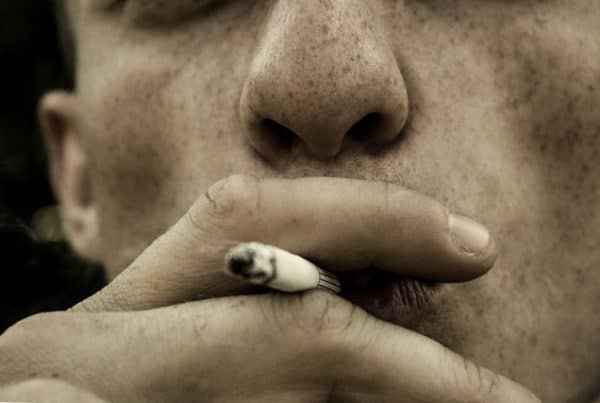It’s projected that the worldwide market for CBD will exceed $1.25 billion in 2024, which is a fourfold growth from 2019.

There’s no doubt that CBD is an explosive industry, and many consumers are turning to it as a natural alternative to prescription drugs.
Which begs the question: Does CBD help with sleep? Keep reading to find out the answer and more about this substance.
What Is CBD?
To understand whether or not CBD helps with sleep, you must find understand the basics of CBD.
“CBD” stands for “cannabidiol,” which is a type of cannabinoid. In marijuana and hemp plants, you’ll find a whole bunch of cannabinoids, including CBD and THC, which many people are familiar with.
THC (tetrahydrocannabinol) is the active compound found in marijuana that not only provides a wealth of health benefits but also gets people “high.”
Because CBD is also a cannabinoid, you’ll get similar effects, but with one major difference: it doesn’t have psychoactive effects. This means you can reap all the same benefits, but without feeling a high.
Other Cannabinoids Worth Mentioning
CBG (cannabigerol), CBN (cannabinol), and CBC (cannabichromene) are all minor cannabinoids that you’ll find in hemp plants. Considering the majority of CBD comes from hemp, you also find these in the products you buy (only if you buy full-spectrum CBD).
All 3 may have the ability to fight pain, reduce stress, and relieve anxiety.
So there are all these cannabinoids in marijuana and hemp, but how do they work on your body? Through interaction with your endocannabinoid system.
What Is the Endocannabinoid System?
The endocannabinoid system is found in all animals, both vertebrates and invertebrates. It’s only recently discovered in the 1990s, which means that while we know it exists, we’re not entirely sure about how it works.
However, scientists have identified its involvement with our moods, pain, inflammation, appetite, sleep, memory, and reproduction/fertility. Overall, the endocannabinoid system plays a crucial role in maintaining homeostasis in our bodies.
The name makes it sound like you need to use cannabis to activate this system, but that’s not true at all. Your body makes its own endocannabinoids, which are similar to cannabinoids. The 2 main ones are anandamide (AEA) and 2-arachidonoylglycerol (2-AG).
You also have 2 main endocannabinoid receptors: CB1 and CB2. You’ll mostly find CB1 receptors in your central nervous system and CB2 receptors in your peripheral nervous system.
What results from endocannabinoids (or cannabinoids) binding to your receptors depends on where the receptors are and which (endo)cannabinoid is binding to them.
Does CBD Help With Sleep?
Now that you understand what cannabinoids are and what your endocannabinoid system is, we can tackle the question at hand: Does CBD help with sleep?
It appears that CBD is highly promising for this issue. A study done with rats found that CBD interacts with your brain’s serotonin receptors.
Serotonin is a neurotransmitter that’s usually responsible for your happiness; people who are depressed usually have a lower level of serotonin. However, it’s also involved in other bodily functions, such as stress, appetite, and sleep. The interaction between CBD and serotonin receptors has the potential to improve sleep in humans.
Impact on the Sleep Cycle
When we sleep, we go through REM and NREM sleep. The majority of our sleep cycle is NREM, which is when we repair and produce more cells. if we don’t get enough NREM sleep, this can result in poor rest and reparation.
Another study in rats showed that with CBD, the NREM phase could be extended. As a result, you should get more restful sleep by taking CBD.
Impact on Anxiety and Depression
CBD may have a profound effect on anxiety and depression, which are 2 conditions that can significantly impact your quality of sleep.
By alleviating the symptoms of anxiety and depression through using CBD, you can therefore improve your quality of sleep. So CBD can indirectly help with sleep through these avenues.
What Else Does CBD Help With?
As you can see, CBD can help with your sleep quality, as well as anxiety and depression. But what else does CBD help with?
Here’s a brief list of what health issues CBD might help you address:
- Epilepsy
- Parkinson’s disease
- Schizophrenia
- Cancer
- PTSD
- OCD
- Type 1 diabetes
- Acne
- Alzheimer’s disease
As you can see, there’s a broad spectrum of what CBD can help alleviate. This industry is only in its infancy stage, but there are many potential uses for this substance.
What’s also great about CBD is it barely has any side effects when compared to pharmaceutical drugs. The most serious side effects include nausea, diarrhea, and tiredness.
Plus, it’s not addictive, and there is zero chance of overdose. So for those who want alternatives to prescription drugs, this may be worth a try.
CBD Is a Beneficial Substance
So does CBD help with sleep? It certainly looks to be very promising as a sleep aid.
Considering CBD not only helps with sleep but also other health issues, it’s a very beneficial substance. When you take into account that it’s not addictive, nor does it have any serious side effects (so no risk of overdose), then it’s no surprise that many people are turning away from pharmaceutical drugs and switching to CBD.
CBD is a quickly growing industry due to this, so you may want to think about getting into this business yourself. In that case, you should enlist the help of professionals, as the cannabis industry can be a tough one to navigate on your own.
Would you like to start your own CBD business? Then get in touch with us today. We can help with various types of projects.







